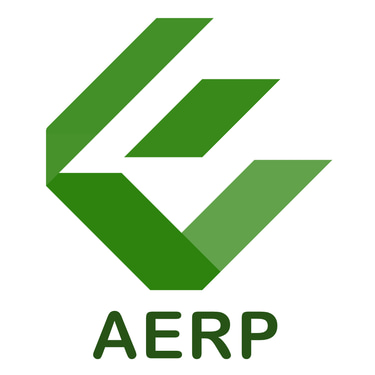
Process Automation Engineer
A Process Automation Engineer is responsible for designing, implementing, and maintaining automated systems and processes in various industries, including manufacturing, oil and gas, pharmaceuticals, food processing, and more. Their primary role is to improve efficiency, productivity, and safety by integrating automation and control technologies into industrial processes.
System Design: Designing automation systems based on the specific requirements of the industrial process. This involves selecting appropriate hardware, sensors, actuators, and control devices.
Programmable Logic Controllers (PLCs) and Distributed Control Systems (DCS): Programming and configuring PLCs and DCS to control and monitor industrial processes. PLCs are used for discrete control tasks, while DCS handles continuous control and monitoring of complex processes.
Human-Machine Interface (HMI): Designing user-friendly HMIs to provide operators with a visual representation of the process and allow them to interact with the automation system.
Data Acquisition and Analysis: Implementing data acquisition systems to collect data from sensors and process variables. Analyzing this data to optimize process performance and identify potential issues or inefficiencies.
Instrumentation and Control: Selecting and integrating sensors and instruments (e.g., pressure, temperature, flow, level) to measure and control process parameters accurately.
Control Algorithms: Designing control algorithms to regulate and optimize the process variables based on predefined setpoints or desired outcomes.
Process Optimization: Applying automation and control techniques to optimize production processes, reduce waste, and improve product quality. Implementing safety systems, such as emergency shutdowns and interlocks, to protect personnel, equipment, and the environment.
Integration of Automation Systems: Integrating different automation systems and devices, such as PLCs, DCS, HMIs, and SCADA (Supervisory Control and Data Acquisition) systems, to create a cohesive and efficient overall automation solution.
Commissioning and Troubleshooting: Commissioning and testing automation systems to ensure they function correctly and troubleshooting any issues that arise during operation.
keys Roles and Responsibility




Technical Skills
Advance Control System - Indepth Learning of PLC, DCS, SCADA, HMI, RTU and Smart Instrumentation
How to Read P&ID, PFD & BFD
Understanding DeltaV DCS Systems
Certification
How to become Certified Automation Professional?
